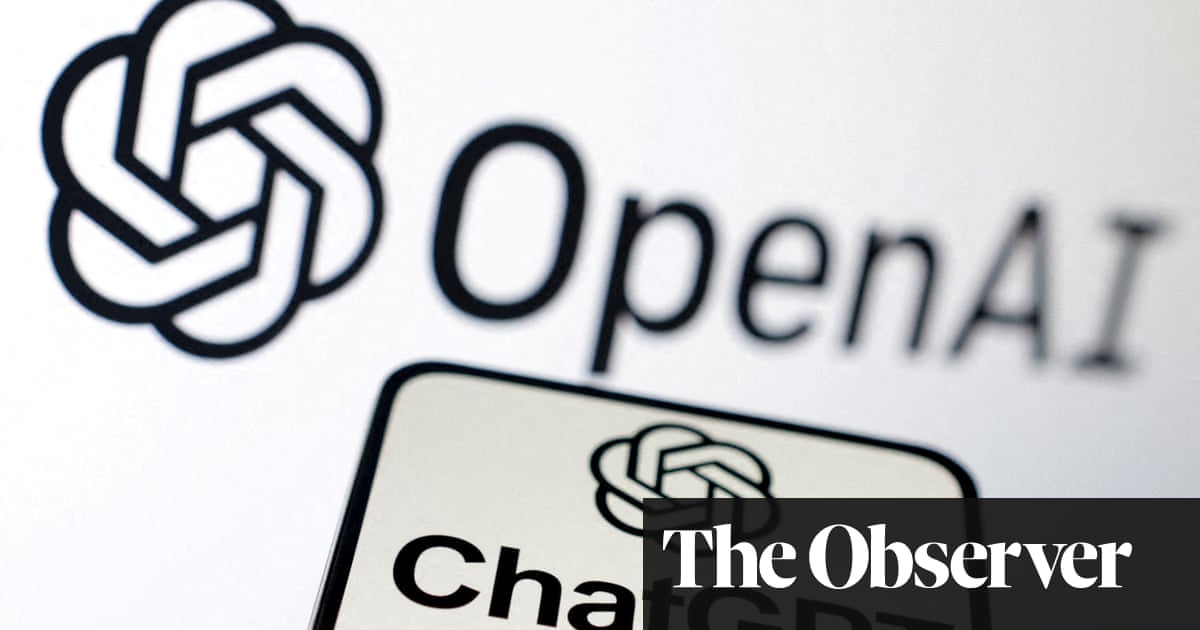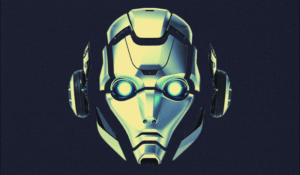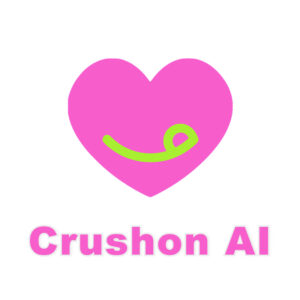Creative Professionals Express Their Concerns and Optimism Regarding the Rapid Rise of AI

The Impact of Artificial Intelligence on Creative Professions
Struggling Photographers
Oliver Fiegel, a 47-year-old photographer from Munich, recently came across a striking example of how artificial intelligence (AI) is reshaping creative trades. While scanning a German national newspaper, he noticed a peculiar image that caught his eye. The photograph featured a young boy chasing a football, but upon closer inspection, Fiegel discerned several odd features: wildflowers appeared to float without stems, part of the goal net was missing, and the boy’s hands looked oddly shaped. The caption indicated it was a product of "generative illustration."
Fiegel felt frustrated as this image exemplified a larger issue within his profession. Over the years, he found much of his work came from newspapers and magazines, but as these outlets have increasingly turned to AI-generated content, his once-regular client base has diminished. “AI’s had the most devastating effect on the industry,” he remarked, emphasizing the rapid changes affecting creatives. After nearly two decades in photography, he realized he could no longer sustain himself solely through his craft and is even contemplating opening a natural wine bar to diversify his income.
The Broader Economic Landscape
A recent study by the International Monetary Fund highlighted that around 60% of jobs in advanced economies, including the UK, Germany, and the US, are susceptible to changes brought by AI. The Tony Blair Institute for Global Change estimates that in the UK alone, up to 3 million jobs could face displacement due to AI advancements. Although some jobs may eventually emerge from a transformed economy, the immediate effect has left many creatives in distress.
Translators Feel the Pressure
Karl Kerner, a seasoned translator, shares a similar sentiment. With almost three decades of experience translating scientific texts among English, German, and Norwegian, he has seen a dramatic decline in job requests amidst the rise of AI translation tools. “I am now basically out of business,” Kerner laments, describing how this technological wave has drastically altered his reality.
The impact isn’t merely financial; it also affects his sense of identity. As a translator deeply embedded in linguistic culture, he feels as though vital aspects of his professional life have become undervalued. At 64, Kerner has transitioned to a role in agriculture consultancy, noting that age makes it particularly challenging to find new employment. Despite the negatives, he acknowledges that technology aids him by streamlining remaining translation tasks, allowing him to enhance the quality of his work.
Positive Experiences with AI
On the other hand, some professionals have discovered benefits from incorporating AI into their routines. Alexander Calvey, a locum GP based in Surrey, has started using AI tools to help create patient notes. This innovation not only saves him time but also enhances the quality of his documentation, enabling him to focus more on patient care. Furthermore, Calvey has managed to increase his patient capacity, seeing more individuals in a shorter timeframe thanks to these advancements.
In a different field, Paul, a university researcher in Stockholm, uses ChatGPT for various tasks. He finds the chatbot especially useful for summarizing literature and generating research questions. This tool allows him to explore topics he may have otherwise overlooked.
Creative Professionals Encounter Challenges
Despite some positive experiences, the creative industry is witnessing a notable decline. Freelance illustrator Jenny Turner, for instance, has experienced a rapid decrease in demand for her work. Previously, she sold her illustrations, like colored pencil portraits, for around £100. However, she now competes with AI-generated images priced below £10, which has made her own art feel devalued. “I can no longer compete … it’s sold at a price I could never drop to,” she expresses. This shift has forced her to rethink her career path.
Turner’s situation reflects a broader concern among creative workers about job stability as AI becomes more widely adopted. As she noted, “If that happens in everything, how many people are not going to have jobs?”
The Call for Change
Leadership in the UK recognizes the need for a strategic approach to address the challenges posed by AI. Prime Minister Keir Starmer has advocated for AI to be integrated into the economy to enhance productivity and growth. In response, the Trades Union Congress (TUC) has urged for immediate action to safeguard workers in creative sectors from the disruptions and job losses that AI may cause.
As AI tools continue to evolve and permeate various industries, the transition poses both risks and opportunities, highlighting the complexities faced by professionals in the creative field.




